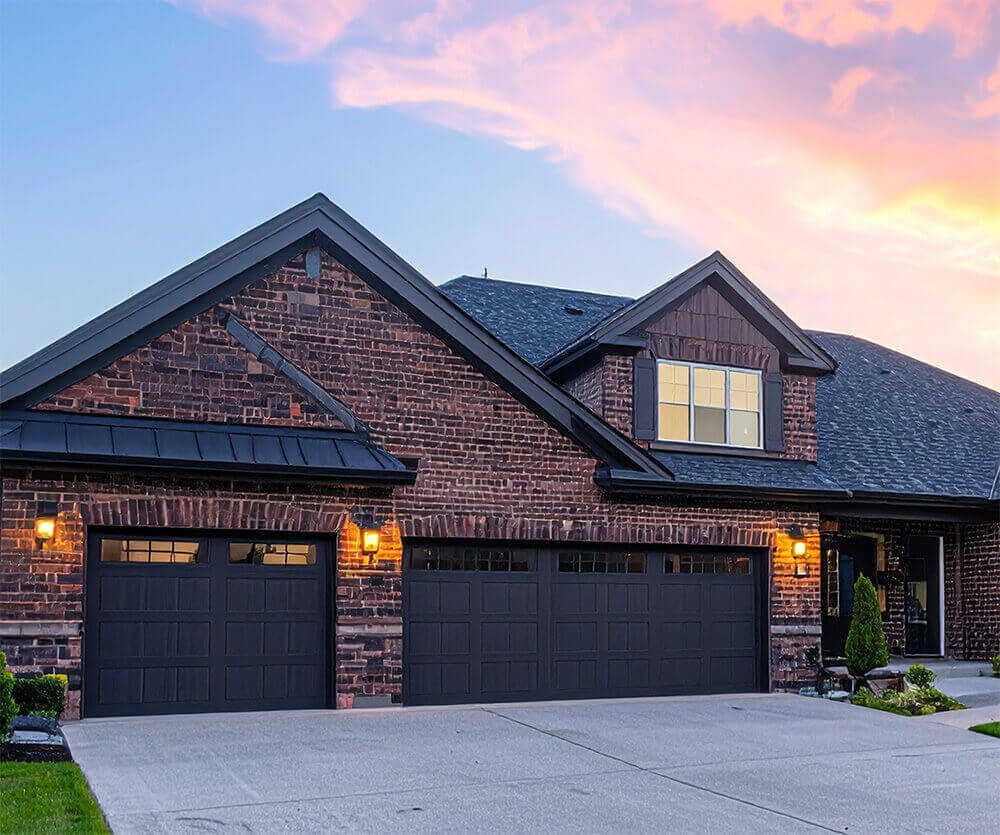Typical closing timeline for home purchase
On closing day, you become the legal owner of your new home. Closing on a house is therefore an important and rewarding process, though it’s important to understand every detail so you can be prepared and avoid any potential snags.
-
The closing process involves two distinct phases: escrow and the closing day. You’re in escrow once you and the seller have signed a purchase agreement and executed the mortgage contract.
Closing day itself requires only about an hour or two of your time — maybe even less if you’re prepared. But the escrow process will include the following steps:
- Execute the mortgage contract and confirm a closing date
- Open your escrow account (2–3 days)
- Conduct a home inspection and make repair requests (1–2 weeks)
- Apply for a mortgage and receive underwriting (5–20 days)
- Conduct a home appraisal (1–2 weeks)
- Purchase homeowners insurance and title insurance (1 day)
- Get final loan approval (or “clear to close”) (1 day)
- Do final walkthrough (1 day)
- Make a closing appointment and complete the process (1 day)
Note that some of these steps can be done concurrently — especially since you’ll have to wait for underwriting approval when you apply for a mortgage.
-
According to the 2024 Ellie Mae Origination Insights, the average time to close was 45 business days.
That number varies based on the type of loan you choose. With clear communication between you, your mortgage lender, and the seller, you can accelerate this process and at least take the stress out of the last stage.
Typically, a longer closing process indicates that some complexities have arisen in your financial situation or in the appraisal/inspection of the property itself. These aren’t necessarily dealbreakers, though they will likely require additional information before you can be clear to close on your house.
-
Every state sets its own rules regarding the mortgage process, and this can affect your closing timeline.
For example, some states require a mandated seller’s disclosure, in which the seller provides a detailed, written disclosure of all of the known defects, repair history, and other issues that could affect your decision to purchase. If you’re selling a home while buying a new one, this could add to your list of requirements.
Additionally, some states require that both the buyer and seller be present at closing, which can make it challenging to arrange a mutually convenient closing date — especially since you’ll both be in the process of moving.
And what happens when you’re moving from one state to another? You may face additional hiccups in finding real estate agents and mortgage lenders who have the licensing necessary to make this move.
Because real estate laws can vary between states, always ask your real estate agent about any state requirements you’ll have to navigate when buying or selling a home.
Factors that can affect the closing timeline
How long it takes to close depends on several factors. Understanding how these factors work together can help you prepare yourself for the closing process.
-
The closing process will look different depending on your property type. That’s mainly because different types of property will require different levels of care and attention prior to closing.
For example, buying a condo takes longer than buying a single-family home. That’s because the seller has rights to the interior of the property, but the exterior is typically some type of shared space. This adds a layer of complication to the inspection process.
Additionally, many condominium communities have boards that oversee the properties. This introduces another party — and another layer of complexity — to the process.
-
Just as the type of property can influence the closing timeline, so can its condition. If the home appraises for less than the sale value, the mortgage lender may not be willing to finance the purchase of the home. This can derail the closing process entirely and force the buyer and seller to renegotiate the sale price.
The home inspection process can also delay the closing date. If the inspection reveals multiple areas that require repair, buyers may see delays in securing licensed contractors. Your real estate agent should closely monitor the progress of these repairs so you have a better idea of when you can sign your final paperwork.
-
You can only purchase a home that has a clear title, meaning the seller has the legal right to sell you the property. But sometimes a title search will reveal that there’s a lien on the home or that another party has a legal right to the property. These title defects must be addressed before you’re legally able to close on the house.
You’ll also need to purchase title insurance, which protects both you and your lender against title defects. A title company can help you secure the insurance you need, and your mortgage lender can likewise help you navigate any title defects you may encounter prior to closing.
Tips for closing on a house faster
Here are some tips to help you streamline your closing process.
Review your closing disclosure
Your mortgage lender must send you the closing disclosure at least three business days before your closing date. Make sure that the information listed in this disclosure is correct, including:
- Loan term
- Loan amount
- Interest rate
- Monthly premium
- Closing costs
- Amount of money you’ll use to close (“cash to close”)
- Loan disclosures
Compare this closing disclosure with your original loan statement. Address any discrepancies immediately to avoid delays in closing.
Have your finances in order
Closing costs are typically 2% to 6% of your purchase price. This includes any legal or administrative fees associated with your mortgage. Most mortgage applications require a small fee, which you may pay at the time of closing.
Homebuyers also put down what is known as “earnest money,” a down payment that shows the seller you’re serious about buying the home. This protects the seller in the event that a buyer backs out of the deal.
Your earnest money deposit is held in an escrow account until your closing day, at which point the value is applied to either your down payment or closing costs, depending on your prior arrangement.
Final thoughts
The closing process can be a supremely rewarding experience — if you’re prepared. That’s why it helps to have a mortgage lender on your side. CrossCountry Mortgage is here for you every step of the way. Contact us today to explore your lending options or complete an online application.





